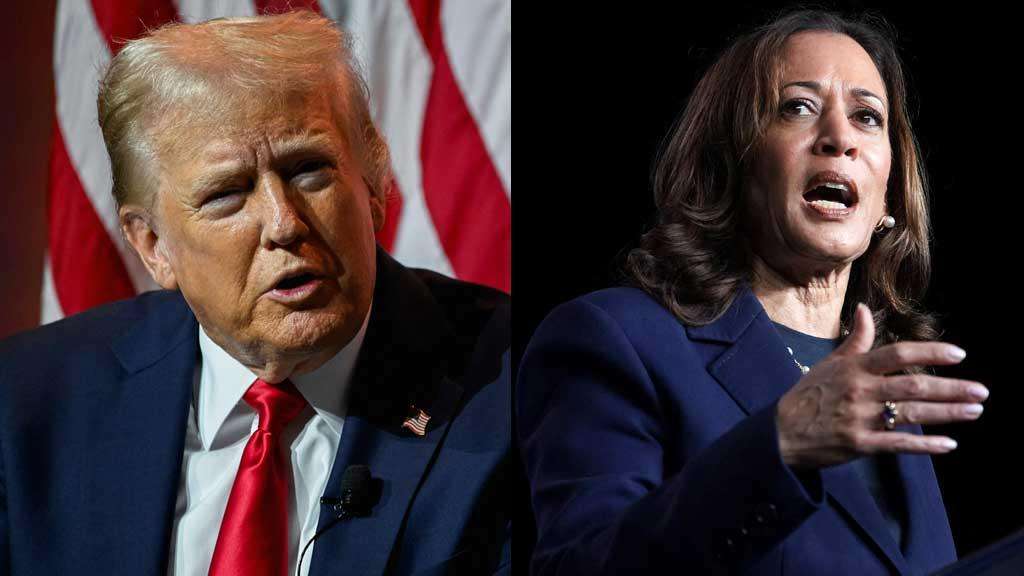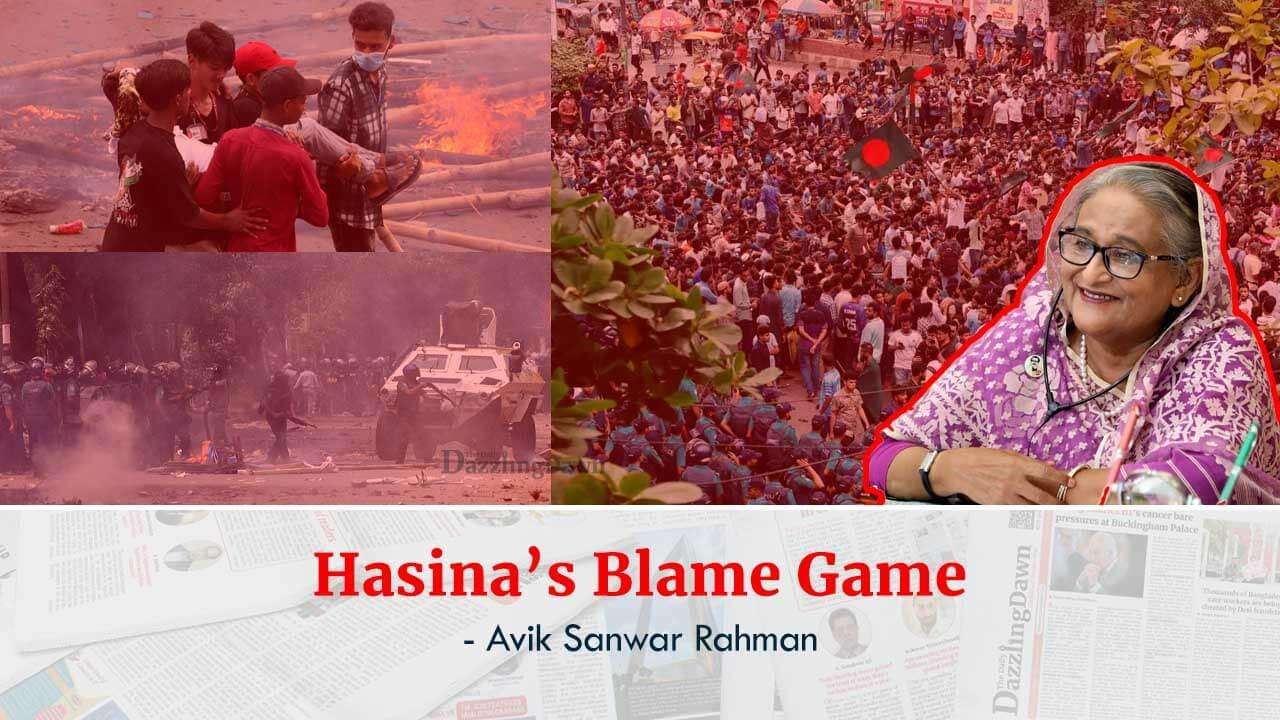More than 280 people have been killed in protests in Bangladesh that started as student-led rallies against government hiring practices. The protests have also sparked widespread calls for the premier's resignation. Here are five significant dates from the protests that provide a formidable obstacle to the 76-year-old Prime Minister Sheikh Hasina's dictatorial control over the roughly 170 million-person South Asian country.More than 280 people have been killed in protests in Bangladesh that started as student-led rallies against government hiring practices. The protests have also sparked widespread calls for the premier's resignation. Here are five significant dates from the protests that provide a formidable obstacle to the 76-year-old Prime Minister Sheikh Hasina's dictatorial control over the roughly 170 million-person South Asian country.
July 1-Students at universities construct barricades that obstruct railway tracks and roadways in an effort to force changes to a quota system that favours hiring public sector employees.
16 July- Increasing violence Six persons were killed in riots one day after pro-government demonstrators and sympathisers in Dhaka engaged in violent altercations with sticks and bricks. These deaths are the first to be officially reported. The government has ordered all schools and universities to close nationwide.
18 July- Students turn down an olive branch a day after she pleads for calm and vows that there would be repercussions for any "murder" committed during the protests. Protesters are chanting "down with the dictator" as they burn down many government buildings, including the headquarters of Bangladesh Television. The government imposes an internet blackout. At least 32 people are killed and hundreds of others are injured in clashes that last for several days despite a 24-hour curfew and military presence.
July 21- Supreme Court ruling The Supreme Court of Bangladesh has ruled that the move to reinstate job quotas was unlawful.
August 4-On Sunday, thousands of demonstrators from Bangladesh struggle with proponents of the government once more. According to police, at least 14 officers were among the 98 fatalities.
The United Nations' human rights chief Volker Turk said Sunday the "shocking violence" in Bangladesh must end.
Leaders of the movement invite followers to a "final protest" on Monday in the capital city of Dhaka.
_4.jpg)
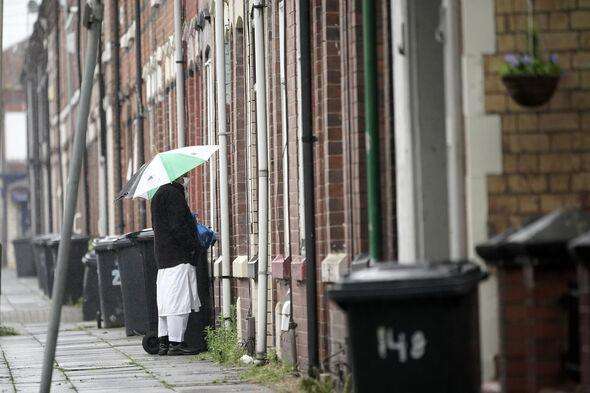
_4.jpg)
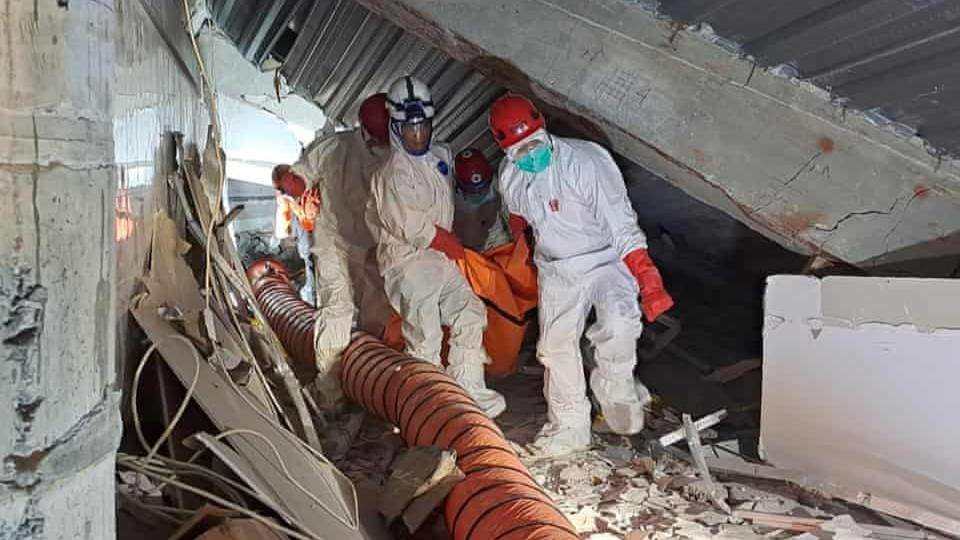
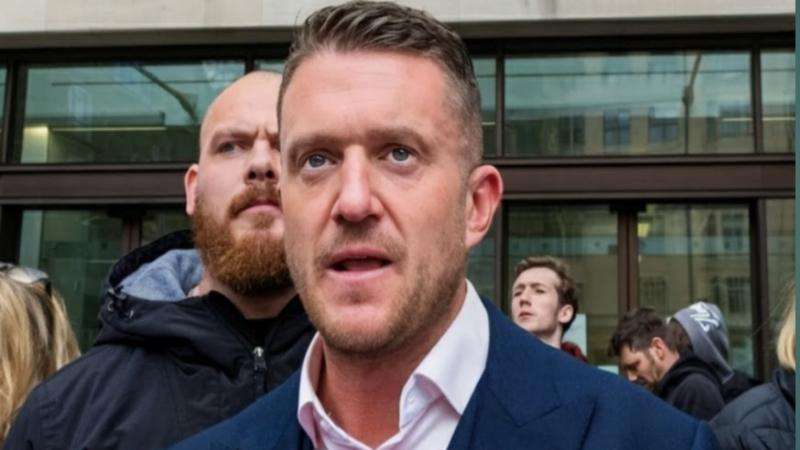


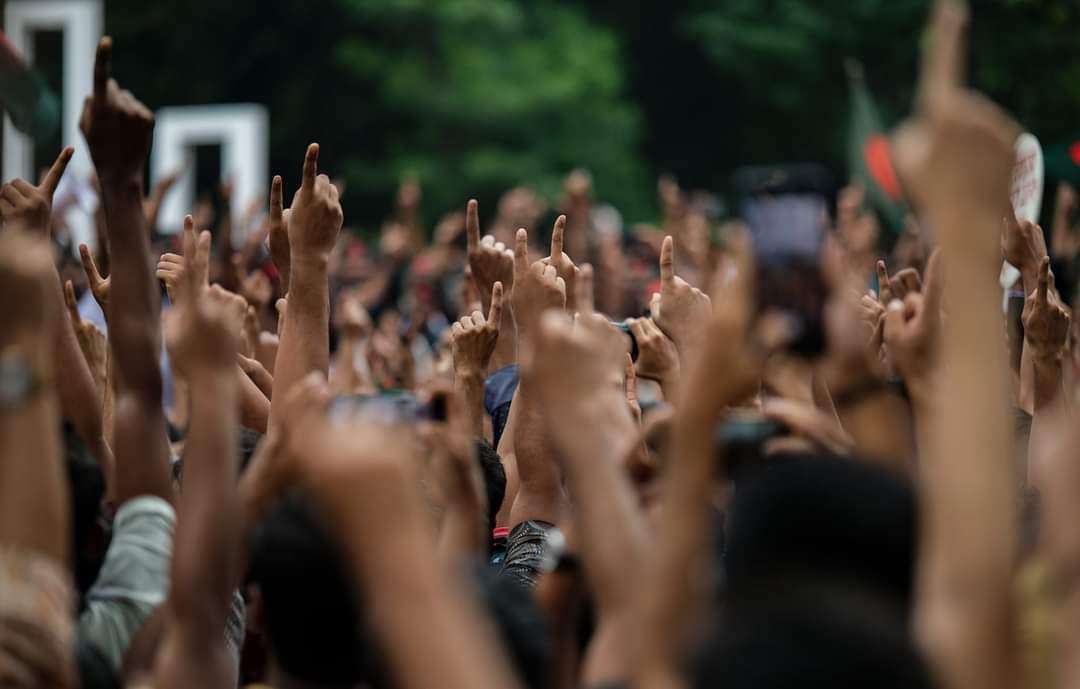
.svg)

